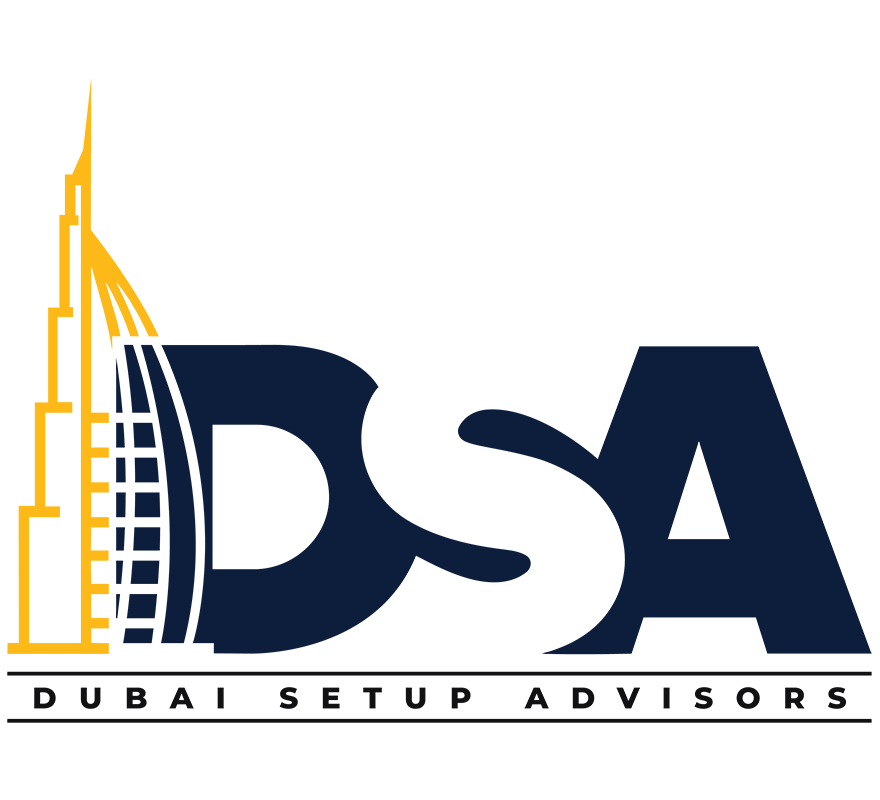
Auditing Services in the UAE – Financial Accuracy, Regulatory Assurance
Comprehensive auditing isn’t just a compliance box—it’s a vital tool for safeguarding your company’s financial integrity, boosting investor confidence, and optimizing operations. At DSA, our auditing services in the UAE combine global standards with deep local expertise to help businesses operate confidently in mainland and free-zone jurisdictions.
We guide you through external audits, internal audit functions, risk & compliance reviews, IS/system audits, and financial recovery audits, enhancing transparency, control, and resilience across your organization.
Understanding the Audit Landscape in the UAE
In the UAE, most businesses—especially mainland and free-zone entities—must submit annual audited financial statements. Regulatory bodies such as the UAE Commercial Companies Law, ministry authorities, and free-zone authorities (DMCC, DWC, DIFC, JAFZA, ADGM) enforce stringent audit rules.
Auditing offers independent assurance, helping stakeholders—from investors to banks and government entities—trust in the accuracy of your financial reporting. While external audits are mandatory, internal audits are increasingly adopted for proactive governance and operational efficiency.







